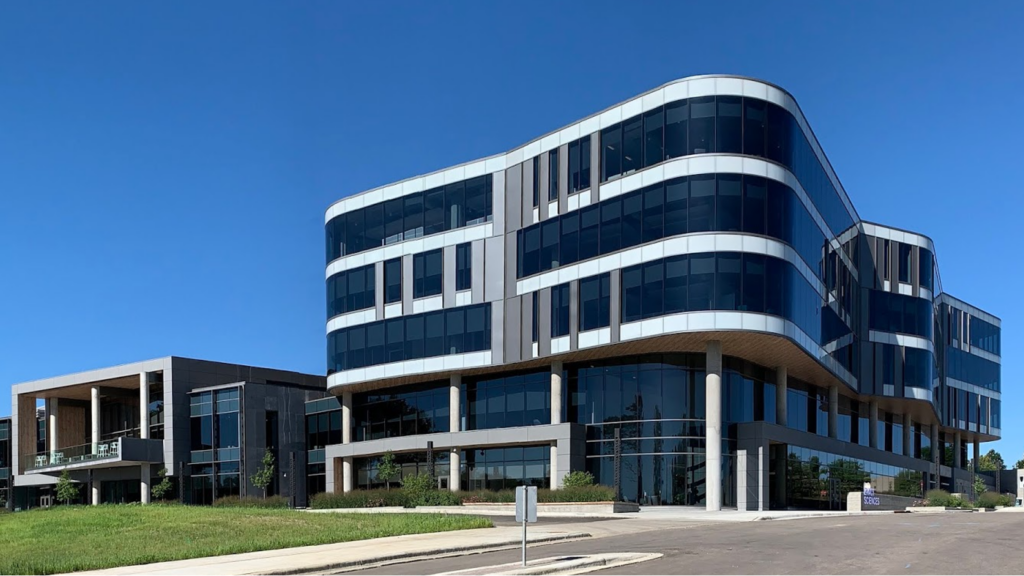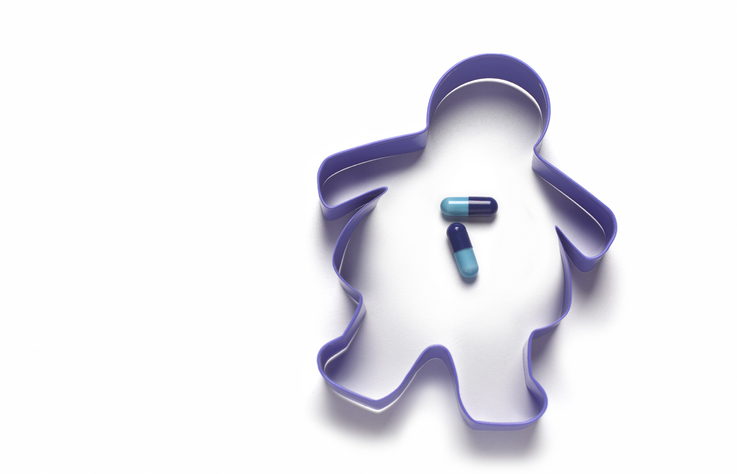Exact Sciences reported first-quarter revenues this week that beat market expectations, and the cancer detection company’s executives still believe they’re on track to meet expected 2024 revenue.
That’s usually good news. Yet Exact shares are down nearly 11% on Thursday, dipping to $53.12 within the first few hours of trading. During after-hours trading on Wednesday, shortly after Exact released its financial updates, shares tumbled as low as $47.24.
The seemingly paradoxical result reflects worries about a potential slowdown in future growth at Exact, a $10 billion biotech best known for Cologuard, a colon cancer screening test that detects blood and DNA from stool samples. The test, which first won regulatory approval in 2014, was designed to boost cancer screening rates by providing a more convenient alternative to colonoscopies.
The Wisconsin company on Wednesday reported $638 million in revenue for the first three months of the year, a 6% increase over the first quarter last year. The vast majority of this came from Cologuard sales, with $475 million in screening revenue, while $163 million came from the company’s precision oncology business, which uses genetic tests to help guide treatment decisions by patients and doctors.
The company reported a $0.60 loss per share for the quarter, compared to a $0.42 per share loss during the same period last year. Exact still expects to bring in $2.81 billion to $2.85 billion in revenue this year, fueled by $2.16 billion to $2.18 billion in screening sales.
“The Exact Sciences team is off to a strong start again in 2024,” said CEO Kevin Conroy in a press release. “Our team delivered more than 1 million Cologuard and Oncotype DX test results to patients and advanced our deep pipeline of life-changing cancer diagnostics.”
But Puneet Souda, a market analyst for Leerink Partners, wrote in a note to investors that Exact’s updated second-quarter revenue guidance of $677 million to $697 million is now below market expectations of $700 million, raising concerns about whether Cologuard revenue in the second half of this year will increase steeply enough to meet the full-year projection.
“Though the full-year guide remains intact, and despite the number of key growth drivers … investors are likely to await the [second quarter] before becoming bullish on EXAS’ ability to deliver strong beats through the year,” Souda wrote to investors on Thursday.
Last June, the company reported results from a 20,000-person study testing an updated version of its Cologuard test. The study found that this new version of the test correctly detected cancer 94% of the time, and it correctly returned a negative result 91% of the time, test characteristics known as sensitivity and specificity, respectively. A 2013 trial of the first iteration of Cologuard showed the original test is 92% sensitive and 87% specific.
Exact published these results in the New England Journal of Medicine in March. The company has submitted the data to the Food and Drug Administration and expects the updated test to be available in 2025.
While colonoscopies remain the gold standard method of screening for colon cancer, biopharma companies have been racing to develop less cumbersome alternatives. Guardant Health, a Bay Area biotech, published its own study in NEJM in March showing that its blood-based test, also known as a liquid biopsy, accurately detected colorectal cancer at stage 2 or later but was far less accurate at detecting stage 1 tumors or precancerous polyps.
In a previous note to investors after seeing Guardant’s initial announcement of its results, Souda wrote that colonoscopies, followed by Cologuard, would likely continue to dominate the screening market, with liquid biopsies playing a useful but lesser role.
Exact Sciences, which in 2020 acquired liquid biopsy company Thrive for around $2 billion, is also developing a blood-based test, and is using blood samples collected from participants in the Blue-C trial to assess the accuracy of this test. In his recent note, Souda wrote that liquid biopsy tests could eventually help drive colon cancer screening rates to greater than 80%. Currently, about 1 out of every 3 people aren’t up to date with screening guidelines, and these people account for 3 out of every 4 colon cancer deaths.










